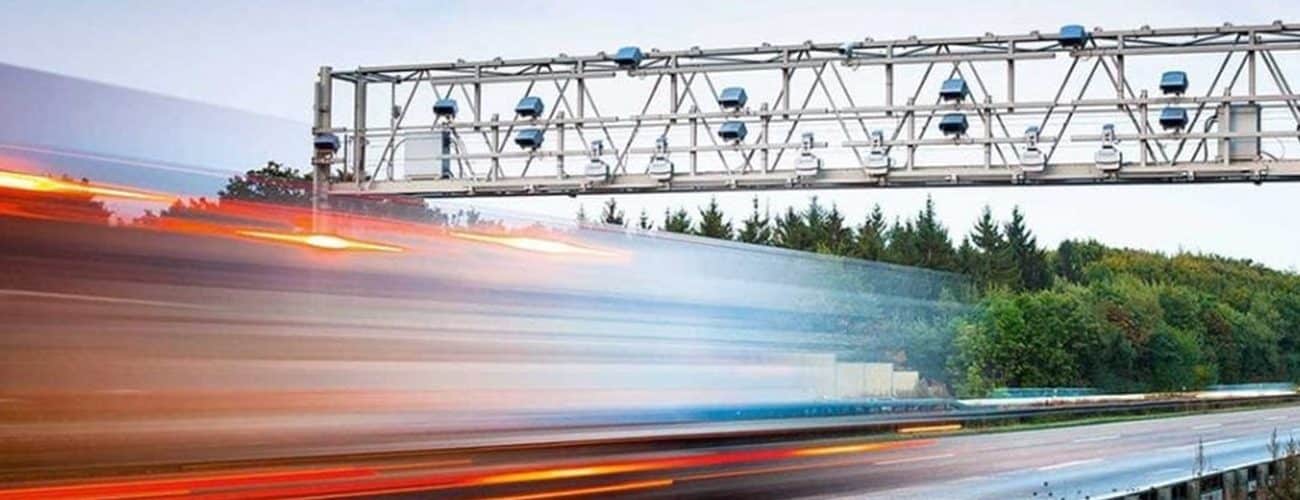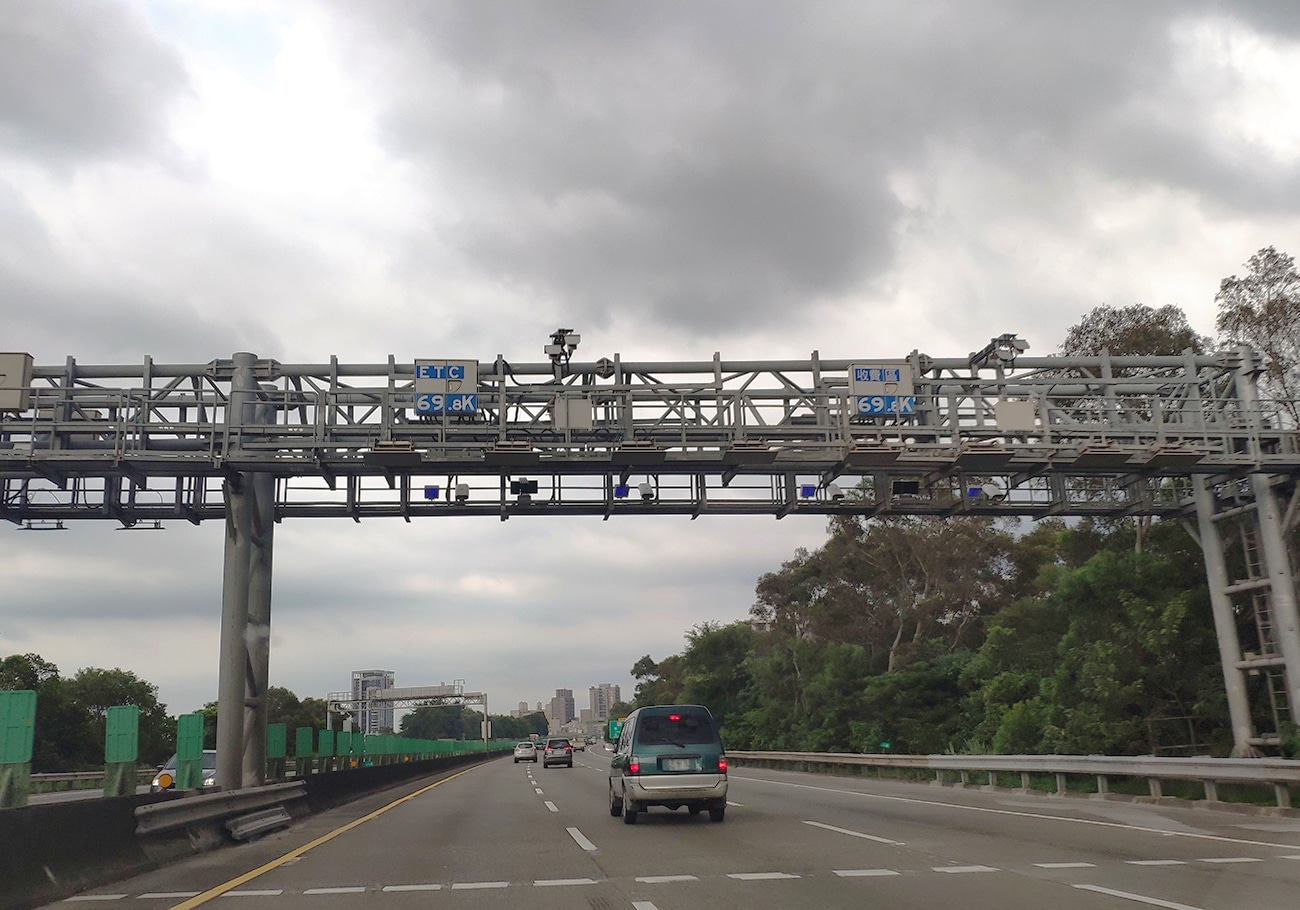
The Malaysian government is taking steps to refine the implementation of the Multi-Lane Free Flow (MLFF) toll collection system, aiming to enhance convenience for highway users.
Deputy Public Works Minister, Datuk Seri Abdul Rahman Mohamad, said during the question and answer session in the Dewan Rakyat here today, that the government intends to introduce the MLFF in 2025 while ensuring payment options are diversified.
This move will address the issue of insufficient balance during toll plaza transactions and facilitate smoother traffic flow for highway users.
Earlier, Datuk Mas Ermieyati Samsudin (PN-Masjid Tanah) raised concerns regarding the ongoing issues faced by the Radio Frequency Identification (RFID) system, which have contributed to congestion at toll plazas.
Enhancing user convenience with Multi-Lane Free Flow toll
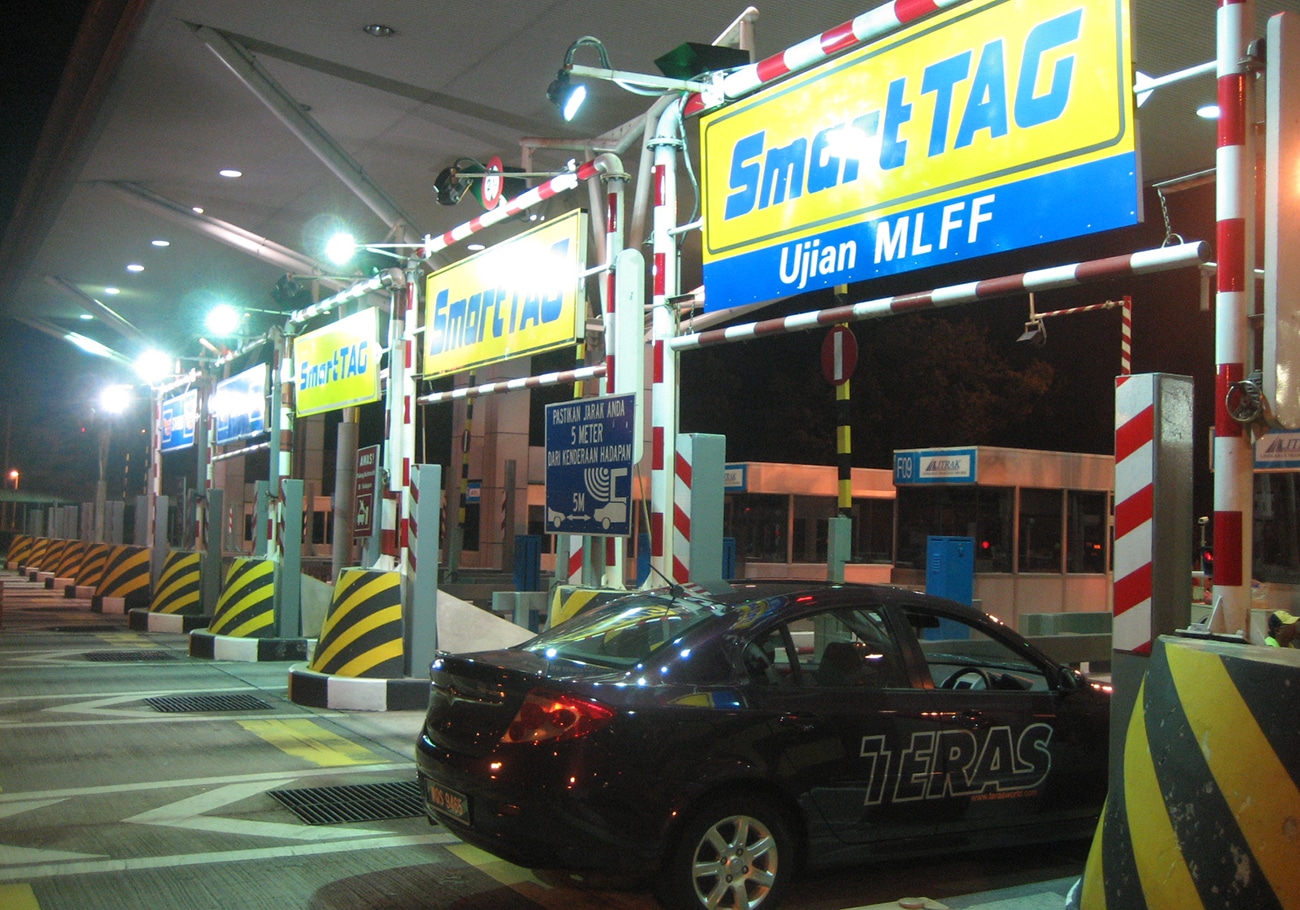
In response to concerns regarding the Radio Frequency Identification (RFID) system’s operational issues and resulting congestion at toll plazas, Abdul Rahman emphasized the government’s commitment to resolving these challenges.
The MLFF toll collection system is set to revolutionize toll payment methods, enabling vehicles to pass through toll plazas seamlessly without the need to stop or slow down.
By eliminating the necessity for toll bars (boom gates), the system will streamline traffic flow and significantly reduce congestion at toll plazas. Additionally, drivers will benefit from faster and more efficient toll fare transactions, enhancing the overall user experience.
With an estimated daily volume of four to five million vehicles on the tolled highway network, the MLFF system holds the potential to alleviate traffic congestion and ensure smoother journeys for motorists across the country.
Preparations for Multi-Lane Free Flow implementation
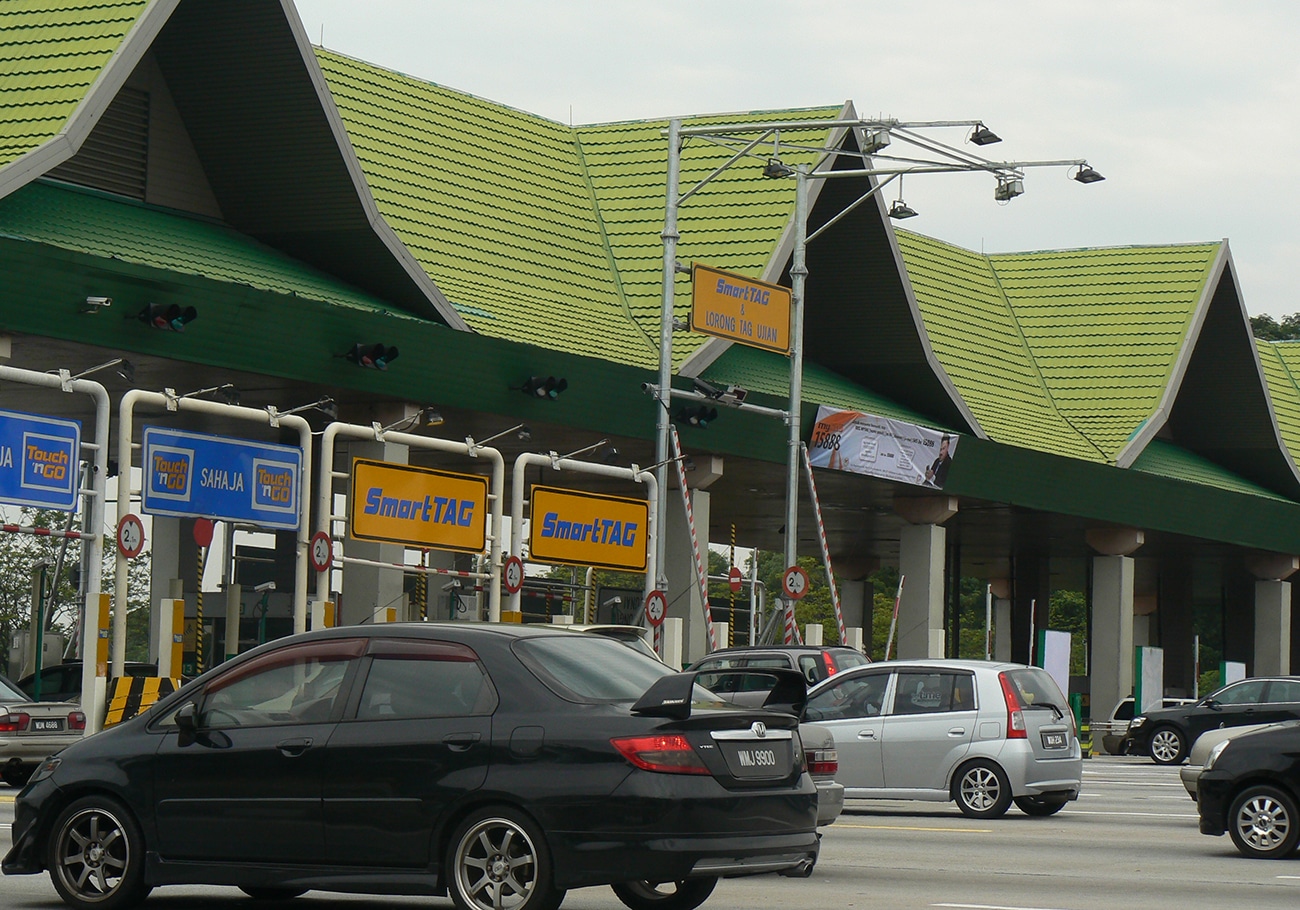
To facilitate the successful implementation of the MLFF toll collection system, the Malaysian government has allocated RM3.46 billion for the planned project.
Abdul Rahman during the winding up of ministerial replies on the Supply Bill 2023 in the Dewan Rakyat in March, highlighted that a comprehensive study will be conducted in 2024.
The study, which will take one-and-a-half to two years to complete aims to address technical and legal considerations, allowing authorities and providers to analyze and refine the system’s effectiveness.
Furthermore, the government has issued a letter of intent to concessionaires, ensuring a collaborative approach toward a smooth study process. The pilot projects preceding the MLFF implementation will provide an opportunity to assess various digital payment providers and their compatibility with the system, offering motorists multiple payment options instead of relying solely on a single provider.
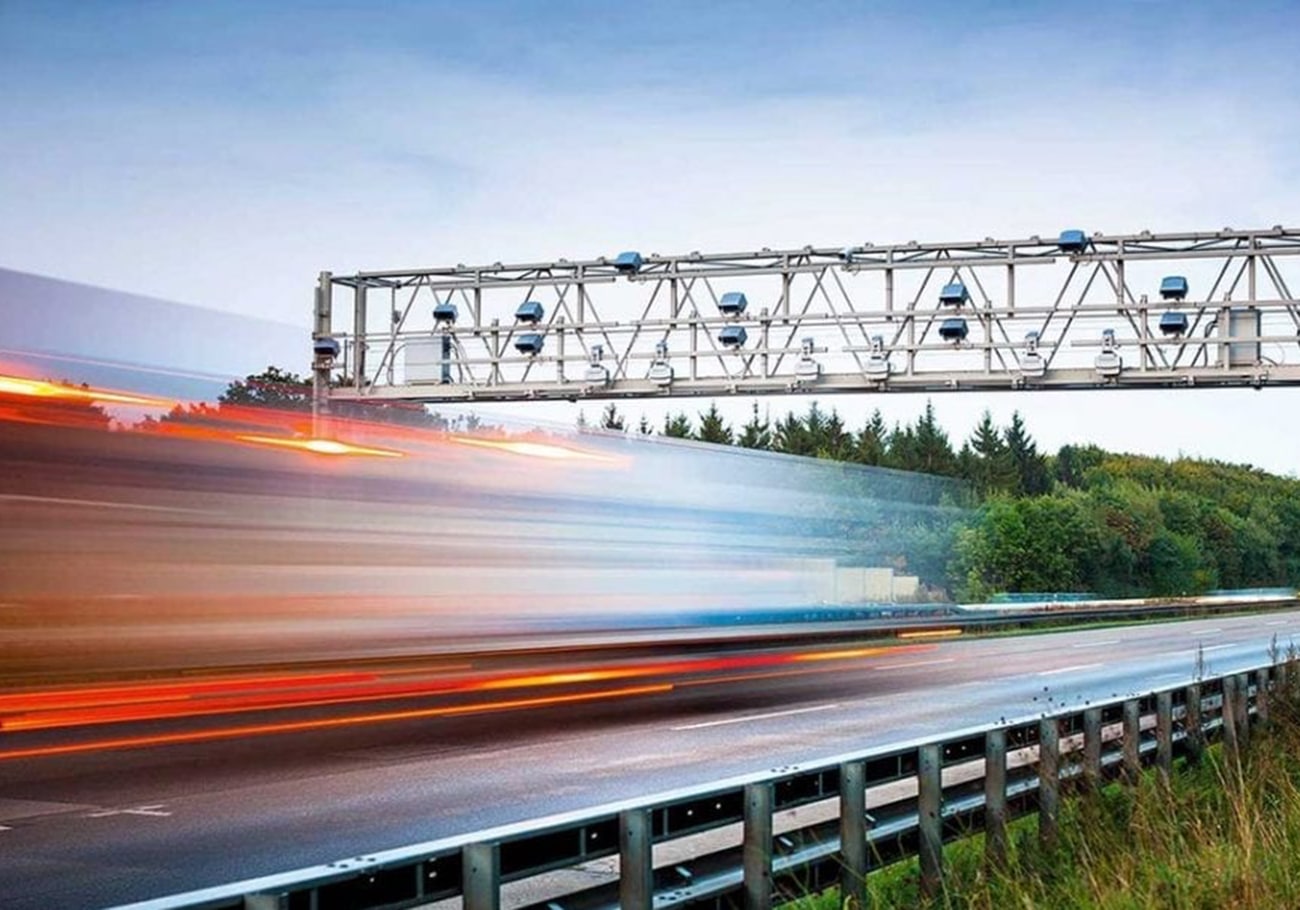
The multi-lane free flow (MLFF) system revolutionizes tolling by enabling seamless and high-speed passage for all motorists on highways. This innovative approach eliminates the need for traditional toll lanes at plazas and instead replaces them with regular multilane road segments.
The MLFF system employs advanced technology, such as tag readers installed at gantries along the highway, to identify vehicles and deduct tolls through the existing Electronic Toll Collection (ETC) system when fully implemented.
Notably, an alternative MLFF system can also be implemented using video and automatic license plate recognition, eliminating the necessity for tags and readers.
The MLFF system is considered the future of toll collection, providing benefits such as enhanced traffic flow, reduced toll plaza construction and operation costs, and improved user convenience.


